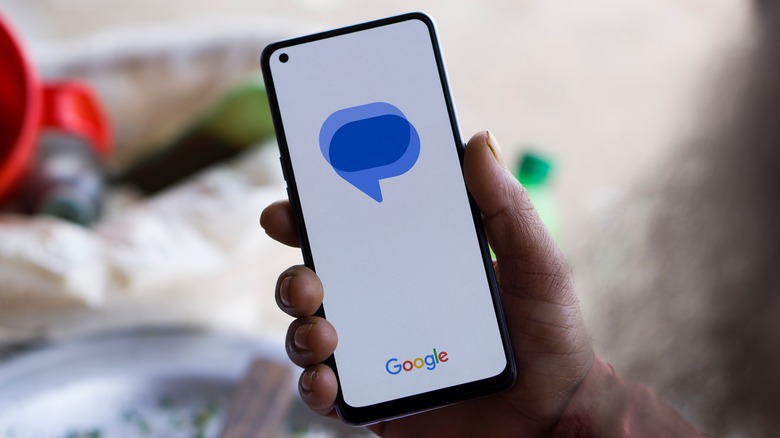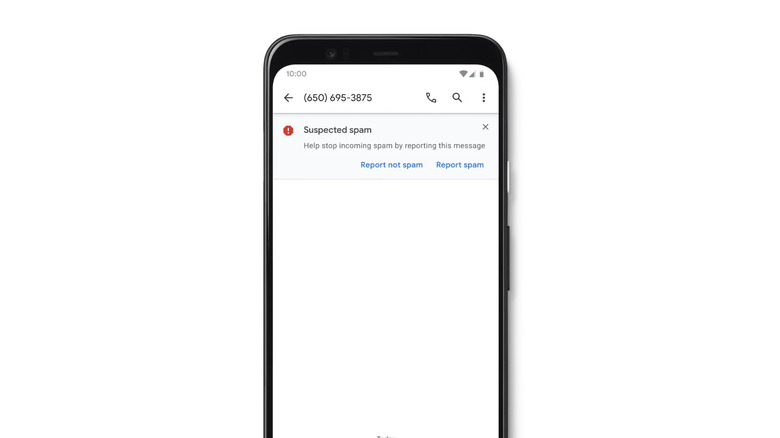5 Ways Google Messages Aims To Protect Users Against Scams, Threats, & More
The world has moved on to instant messaging platforms like WhatsApp and video calls, but text messages are still a crucial part of the global communication infrastructure. And with that status quo, the latter also becomes a hotbed of shady activities and crimes. Google is finally adding a handful of features to the Messages app that will help safeguard users against package delivery and job frauds, identity scams, spam from seemingly international businesses, and more. One might ask, why?
Well, the problem is so dire that the FBI has a whole advisory page for spoofing and phishing attacks, which counts SMS messages as a key vector. The United States Postal Inspection Service has a dedicated page for "smishing" (SMS phishing) scams. The US Federal Communications Commission (FCC) has a page live about COVID-19 text scams. Even the Treasury Department has a fraud alert on its website detailing fake text messages.
To protect against the rising threat of SMS-based scams, Google has today announced enhanced scam detection in the Messages app that will look for shady or malicious messages, especially those that could lead to package delivery and job fraud scams. The tech uses on-device machine learning models to assess the contents of a message, and once it detects that something is fishy, the message is automatically moved to the spam folder. This tool is already rolling out to beta users.
How Google is preventing text scams
Phishing using malicious URLs, a technique commonly known as smishing, is a major nuisance. To protect users against messages that contain dangerous links, Google started testing an automatic detection and alert system in markets such as India, Thailand, Malaysia, and Singapore. Now, the company is extending this feature to Messages users across the world. Once the system flags a link as potentially dangerous, or when users receive a text containing a URL from an unknown person, a warning is issued and such messages are also blocked.
Cybercriminals often rely on international numbers to avoid being detected for their malicious activities. Google's Messages app is prepping a system that will let users automatically block international numbers that are not already saved in the contacts list. Such messages will be directly moved to the "Spam & blocked" folder so that users don't interact with them and fall prey to scams. Another optional feature that will soon arrive in Messages is Sensitive Content Warnings, which blurs images containing nudity and shows a warning before users proceed to view or ignore it.
Bad actors often impersonate friends or relatives to extract money or sensitive information. To avoid that, Google is developing a contact key verification system that will rely on a QR code or number matching to ensure that you are chatting with the right person. To that end, the company is building a "unified system for public key verification" and will release this feature for devices running Android 9 or a newer build.

